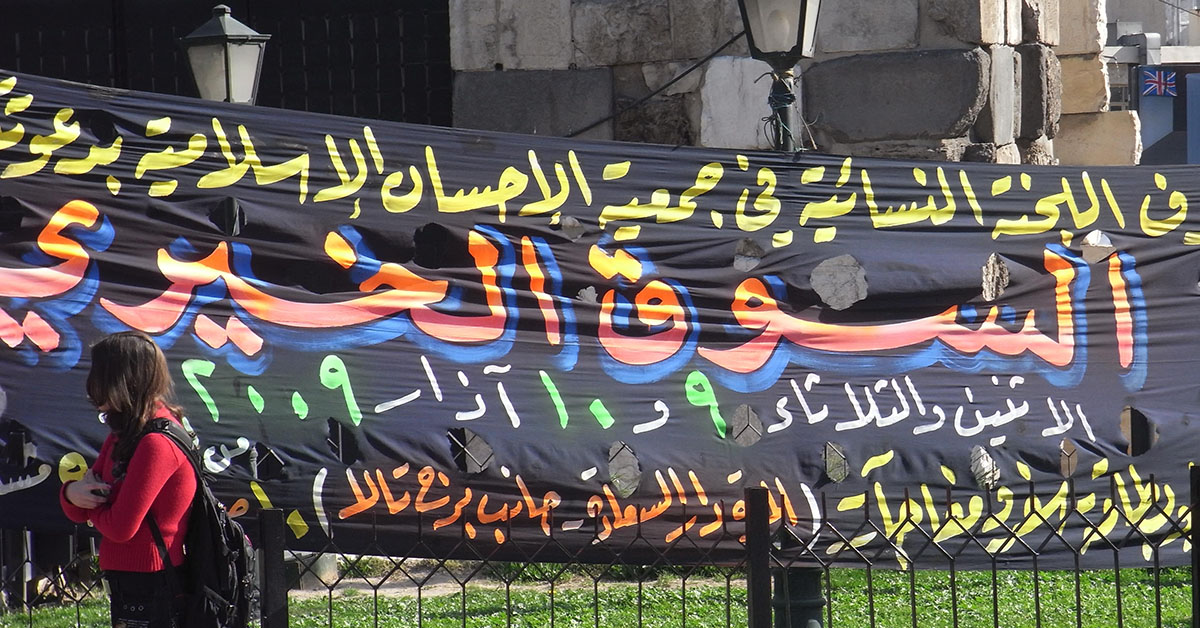
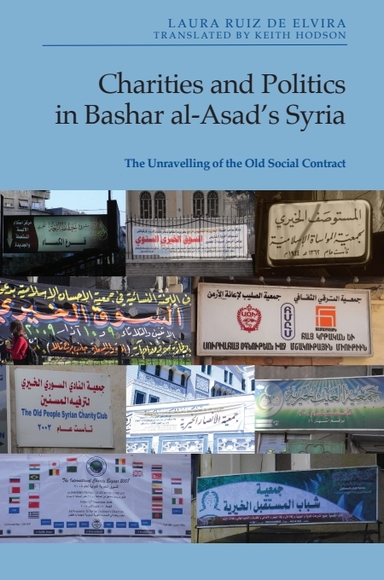
Laura Ruiz de Elvira is the author of Charities and Politics in Bashar al-Asad’s Syria, a study of the reconfiguration of the Syrian regime through the revival of charities under Bashar al-Asad (2000-2010).
Post-8th December 2024, at a time when Bashar al-Asad is no longer the president of Syria but an exiled dictator, Charities and Politics in Bashar al-Asad’s Syria offers a detailed account of the Syrian regime and society from 2000-2010, thus helping to better understand the 2011 uprising and Syria’s position today.
Why read a book about Bashar al-Asad’s Syria today?
Nowadays, it is not an easy task to write about civil society, opening up or modernisation when referring to Bashar al-Asad’s Syria. The uprising that began in March 2011, in the wake of the mobilisations and revolutionary processes that have come to be known as the ‘Arab Spring’, highlighted the most authoritarian, repressive and barbaric aspects of the Syrian regime, which then stood naked for all to see. However, we must not forget that in the thirty years between the Massacre of Hama in 1982 and the shelling of Aleppo by the Syrian army in 2012, much happened.
It is important to understand why, despite the regime’s potential for violence, the decisions and narrative of the Syrian leaders were for a long time ambivalent and even contradictory, which explains the support given by part of the population to its president from the beginning of the uprising. Of course, since 2011, we have been faced with new rationales and strategies that are part of a different temporality than that observed during the 2000s. The regime finally came full circle, but only a simplistic vision of Syrian history would ignore the transformations undergone by the country, its social and political structures and its inhabitants at the turn of the twentieth century. Moreover, one cannot understand the dynamics or even the backgrounds of the Syrian conflict without taking into account a long period – the 2000s – which marked forever the country’s history.
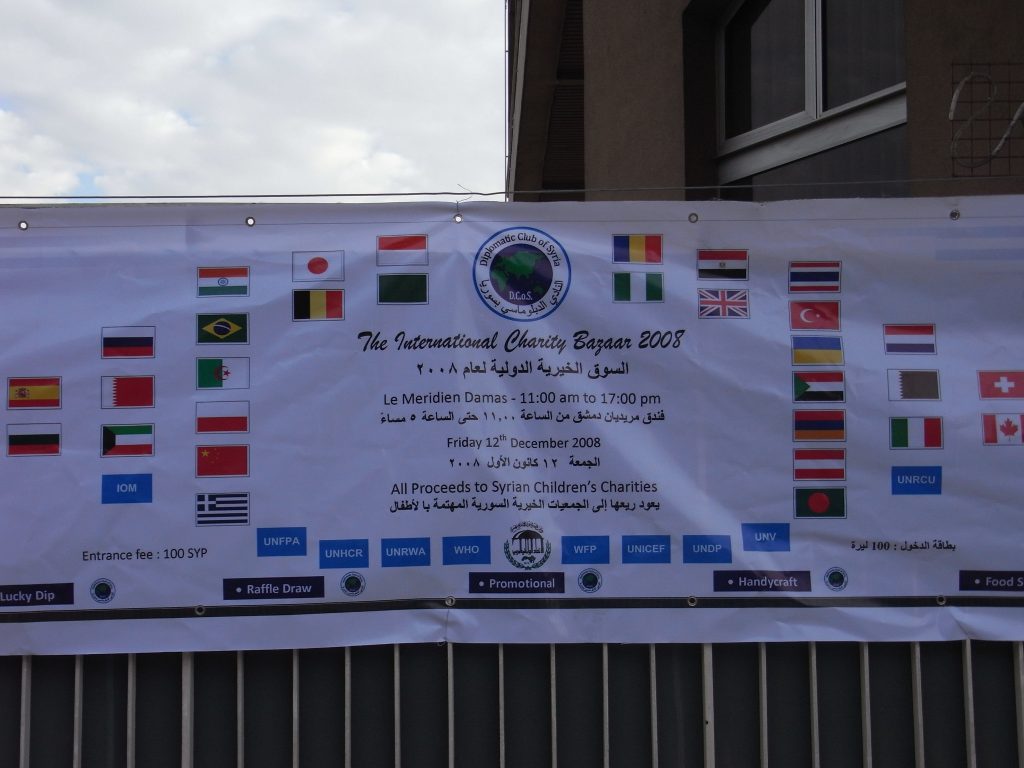
Why study Syrian charities?
When I started my PhD, in 2007, civil society seemed to be very much on the agenda in Syria. The official and semi-independent press, public authorities, leaders of local organizations, intellectuals and even international circles were all debating the new orientations of the state and their impact on the private and associative sectors. Indeed, when Bashar al-Asad inherited Syria’s presidency following the death of his father in June 2000, he launched a process of political transformation described by Volker Perthes as a ‘multidimensional transition’, in which reforms of various kinds – financial and economic, but also in other areas such as housing, the press, agriculture and, later, labour – were initiated, often after having been the subject of a presidential decree. ‘Development and modernization’ became the slogan of al-Asad’s first years in power, his aim being to modernize authoritarianism and be perceived as a reformer.
Against this background, in which public policies were redefined and the functions of the state were discussed, the role of Syrian associations gradually increased. Previously severely repressed and constrained, civil society benefited from new spaces created by the regime, which arbitrated the entry of ‘new’ non-state actors by sorting those who were considered useful from those who were not, those who did not a priori represent a real danger to its preservation and those with an openly dissenting profile. In this way, while some segments of Syrian civil society were promoted to the rank of partners with public institutions, others continued to be marginalized and fought against by all means. The ultimate goal was to shape a useful, docile, depoliticized and non-controversial civil society. Charitable associations emerged at this moment as the main pillar of the new Syrian civic scene, accounting for almost 70% of the associations authorized by the Ministry of Social Affairs and Labour.
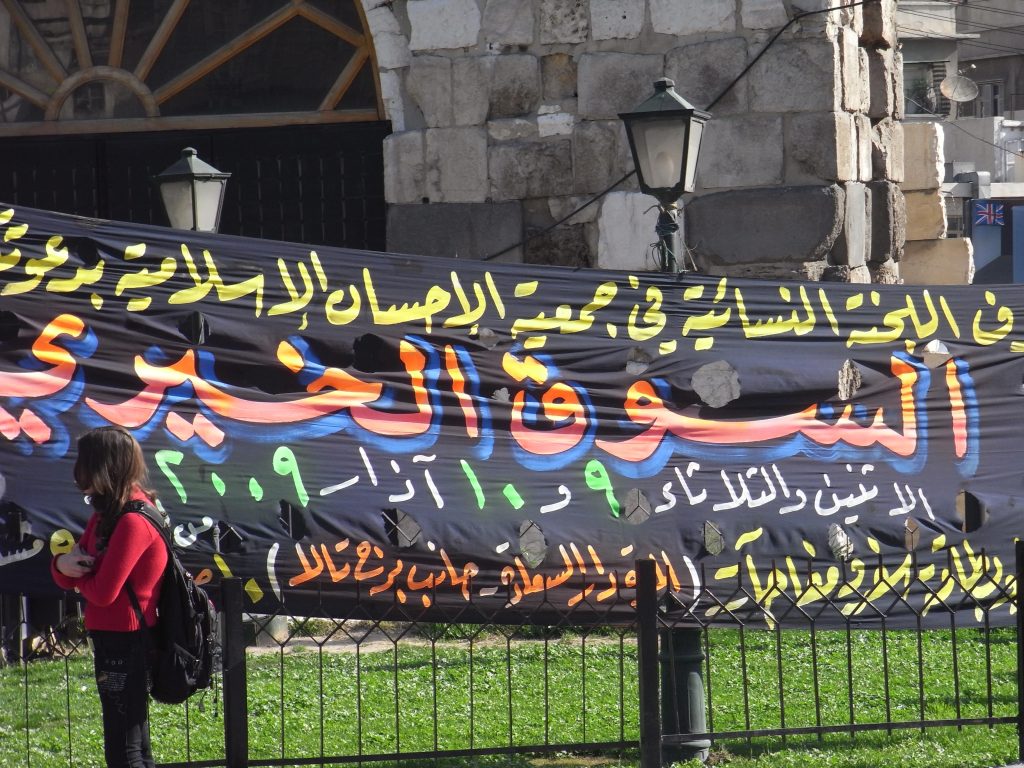
It was on the basis of these observations that the analysis of charities seemed relevant to me,
not only as an object of study in itself (to understand how societies organize themselves in an authoritarian context to carry out collective action and a kind of alternative redistribution of wealth), but also as a gateway to understanding the shift in state–society relations, the redefinition of governance and the redeployment of the state under the presidency of Bashar al-Asad.
What does the book show in relation to the Syrian uprising?
The transformations analysed in this book through the prism of charitable associations – i.e. the partial liberalization of the economy, the adoption of an ‘outsourcing’ policy and the expansion of the charitable sector – contributed to increased social inequalities, gave greater visibility to corrupt practices and produced controversy within the Ba’ath party itself, leading to an accumulation of frustrations and the dismantling of the regime’s remaining credibility. In this manner, these transformations eventually helped sow the seeds of the 2011 uprising. They can also be considered evidence of the unravelling of the old populist and inclusive social contract that had until then regulated state-society relations, which was based on the provision of social services and development in exchange for renunciation of political participation. The regime now turned its attention to the main cities, as well as the private and associative sectors, a move that was bound to clash with the interests of the Ba’athist leaders and their social relays, mainly in rural areas.
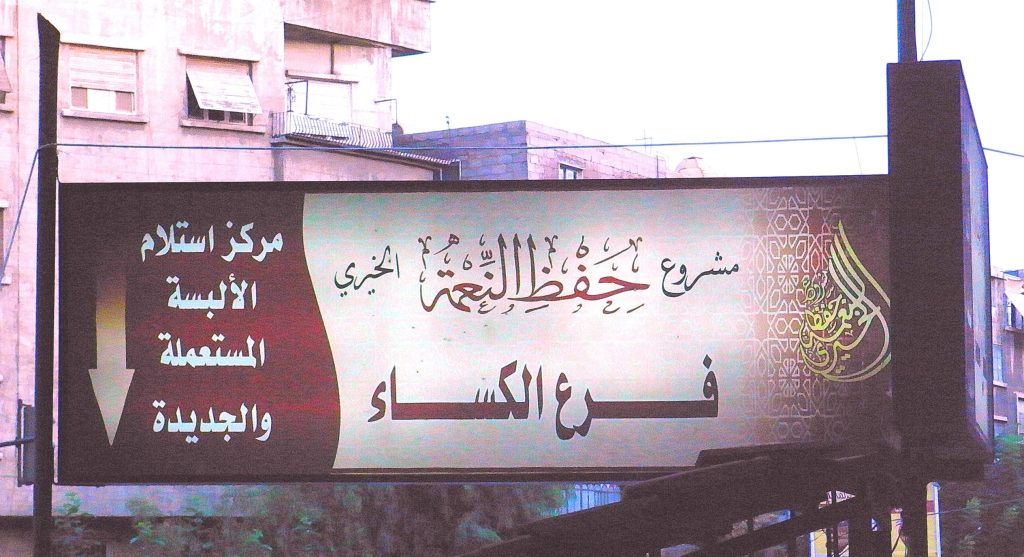
About the author
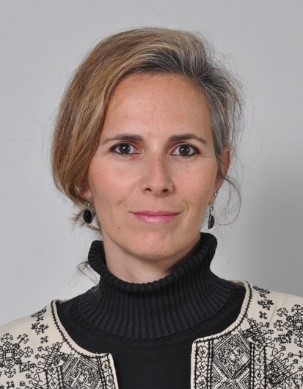
Trained as a political scientist and as an Arabic philologist, and having resided for years in Egypt, Syria and Tunisia, Laura Ruiz de Elvira is a research fellow at the IRD (Ceped, Université Paris Cité). She received her PhD with distinction from the EHESS (Paris) and the Universidad Autónoma de Madrid in 2013. A specialist in charitable practices, social policies, social movement studies and authoritarianism, particularly in Syria and Tunisia, she is the Principal Investigator of the ERC StG project LIVE – AR (The Subsequent Lives of Arab Revolutionaries). She has co-edited Les mondes de la bien-faisance (CNRS Editions, 2021) and Clientelism and Patronage in the Middle East and North Africa (Routledge, 2018). She is also the author of Vers la fin du contrat social en Syrie (Karthala, 2019), Civil Society and the State in Syria: The Outsourcing of Social Responsibility (Lynne Rienner, 2012; with Tina Zintl) and Charities and Politics in Bashar al-Asad’s Syria (Edinburgh University Press, 2024)



